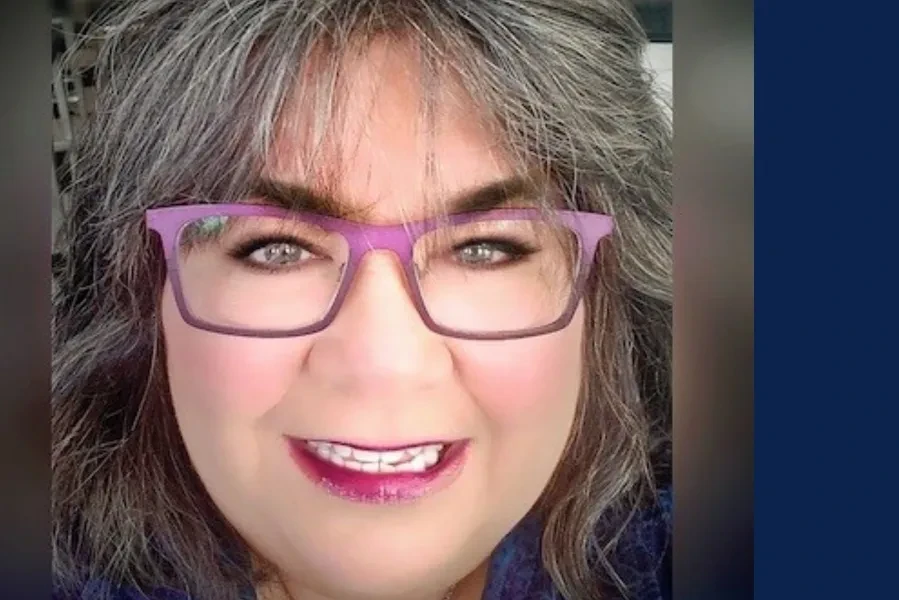Although Dr. Yvonne Lozano was the first in her family to graduate from college, it was her grandmother Ramona who played a powerful role in her early education and in shaping her into the person she is today.
Known as a “curandera,” which is a traditional Latino healer, her grandmother was the oldest of 21 children. A natural-born leader in her local San Antonio, Texas community, she visited friends and family regularly, doing everything from helping women give birth to taking charge of funerals and wakes.
Young Yvonne grew up right next door and was her constant companion. She would regularly tag along to hand out herbal remedies; her grandmother had grown in her garden to help tend to the sick. By the age of four, she had even assisted Ramona as she prepared bodies for wakes.
“She was like Wonder Woman to me,” explains Dr. Lozano. “I looked at her in awe all the time. From a very early age, I learned the importance of helping others and being there for others and doing so unconditionally.”
This desire to help others drew her to the Girl Scouts, and she volunteered with the organization through 11th grade. As she neared graduation, she began to think about what she wanted to do for her eventual career. However, when Yvonne went to high school in the late 70s, her counselor suggested she should become a secretary or nurse.
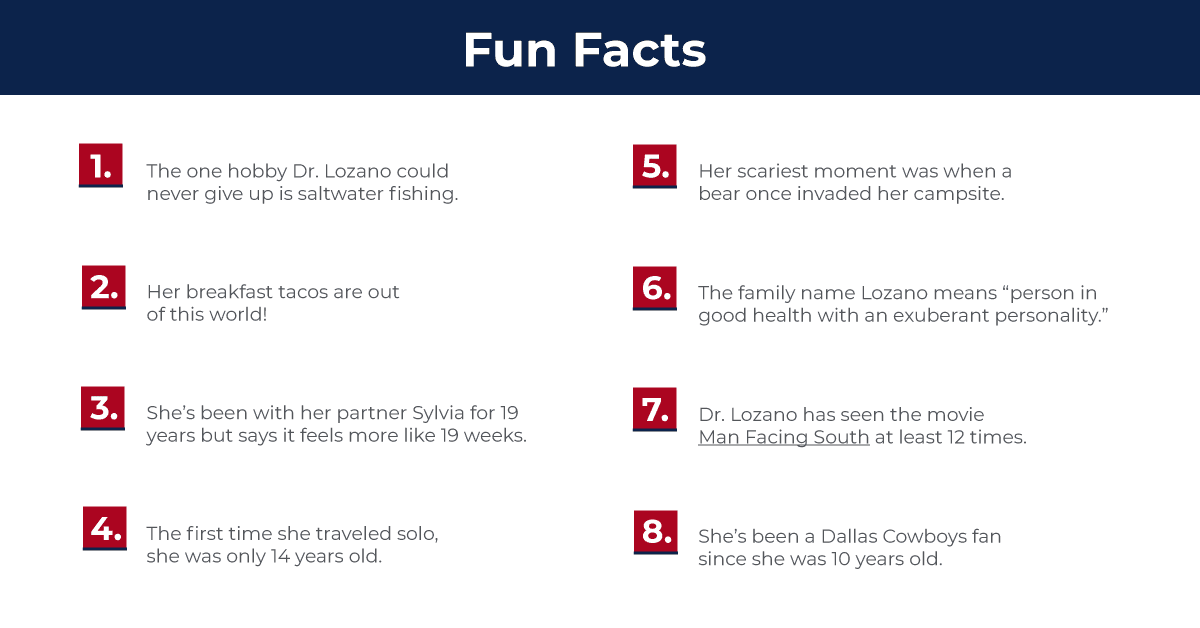
Dr. Lozano, who was a stellar softball player, had been offered the chance to play at a big university in Texas. However, with both her career counselor and mom pushing for her to go into nursing, Dr. Lozano dutifully enrolled in a pre-nursing program at a different school.
But she couldn’t shake the impact her grandmother had made on her and was continuing to make as she grew older. “My grandma and her sisters pretty much ran our family,” she says. “It was those women and the strength of those women that got me thinking about what I wanted to do when I grew up. From spending time with them, I knew I wanted to do something with older people.”
When she took a course called “Aging and Mental Health,” Dr. Lozano instantly knew she had found her niche. “I absolutely fell in love with the topic. I went to my professor and asked where I could learn to do that instead of being a nurse.”
To her mother’s dismay, she dropped out of nursing school and changed her major to Applied Behavioral Science and Social Work. It was only the beginning as she continued her education, eventually getting both her master’s and a doctorate in the field of gerontology.
Now, as an expert in the process of aging, she wants to remind people that the field of gerontology is a lot broader than working in a nursing home. The knowledge can come in handy for everything from architects hoping to help people age in their own homes to adult protective services to dealing with mental health issues common to older folks, such as dementia and depression.
Asked if she has any insight into how to age gracefully, Dr. Lozano is quick to respond with a joke. “How do you live to be 100?” she asks. “Live to be 99, and then be very careful.”
Take note of that quick sense of humor. If you take a course with Dr. Lozano, be prepared to laugh. As passionate as she is about teaching, her secret life dream is to be a stand-up comedian, and she incorporates humor almost as liberally into her lectures as she does empathy and instruction.
Today, a big congratulations to Dr. Lozano is in order as she recently accepted a new position at the University of Arizona Global Campus as the Department Chair of Health Sciences.
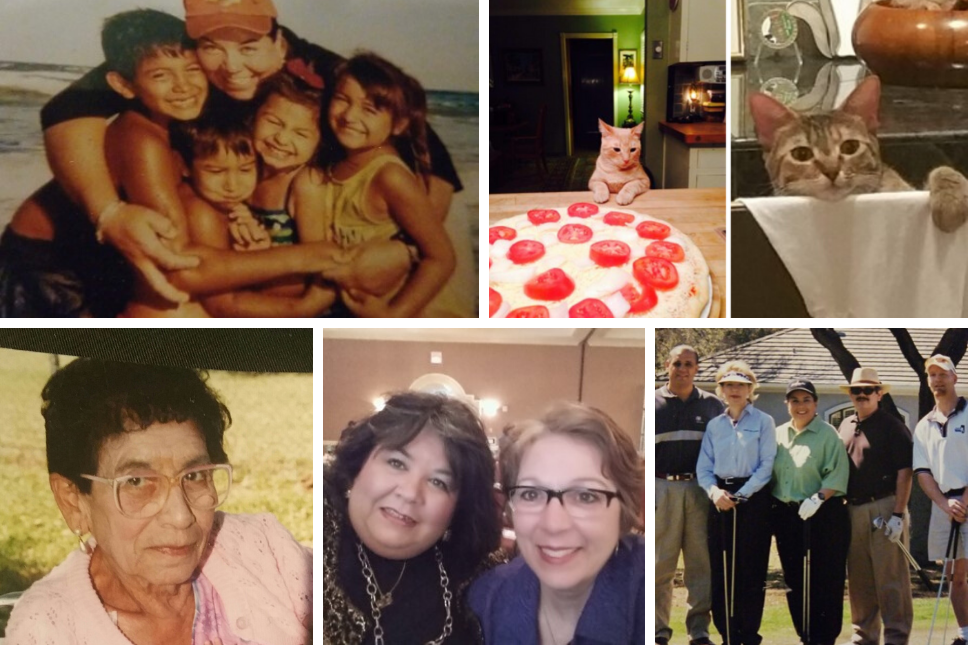
Getting to know Dr. Yvonne Lozano
Global Campus: What advice would you like to share with students to help them achieve success?
Dr. Lozano: Stay focused. Be determined. Ask questions. Believe in yourself, your dreams, and your decisions. I think a lot of people don’t have faith in their decisions, but honestly, what’s the worst thing about making the wrong decision, outside of life and death ones, of course? If you happen to get it wrong, you just have to do it again or do something else. You always get a do-over, and that’s what I love about life.
It’s also important to surround yourself with people who make you feel good about yourself. A lot of people don’t do this, but it really is your choice. You can choose to be with people who lift you up.
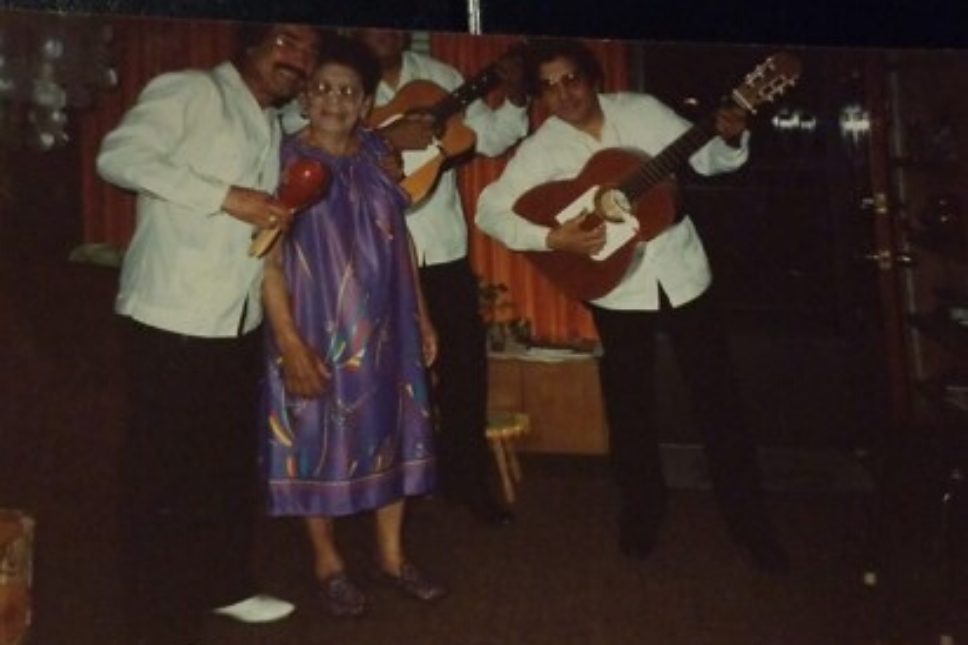
Dr. Lozano's grandmother Ramona was a positive and powerful member of her family and the local community.
Global Campus: What’s your philosophy when it comes to education?
Dr. Lozano: As a teacher, you have to be relatable to students. If no one can relate to you, they are less likely to reach out to you or try to get the help they need. If you seem so far away from their immediate world, they may not feel comfortable asking you questions.
I learned to embrace not only my expertise but also the fact that I learn as I teach. Each person in the classroom brings a wide variety of experiences, expectations, and life skills to the classroom.
And, I can’t stress the importance of this enough, be able to find the humor in life, and be able to laugh at yourself sometimes when you can.
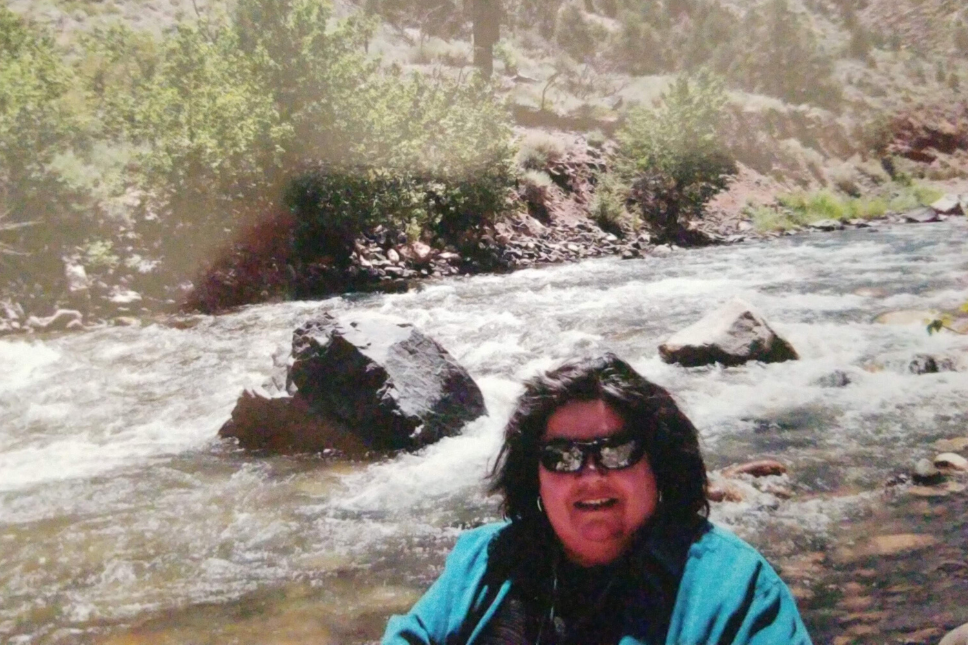
Dr. Lozano enjoys the outdoors while traveling from Lake Tahoe to Las Vegas.
Global Campus: What do you feel is an educator’s role in the classroom?
Dr. Lozano: Over the years, one role I have chosen is that of “supportive coach.” I understand my time in class is an opportunity to demonstrate to students — through my expertise, excitement, attentiveness, commitment, and passion for teaching. Cheering each student through the course, I use praise and am consistent in exhibiting compassion for life struggles.
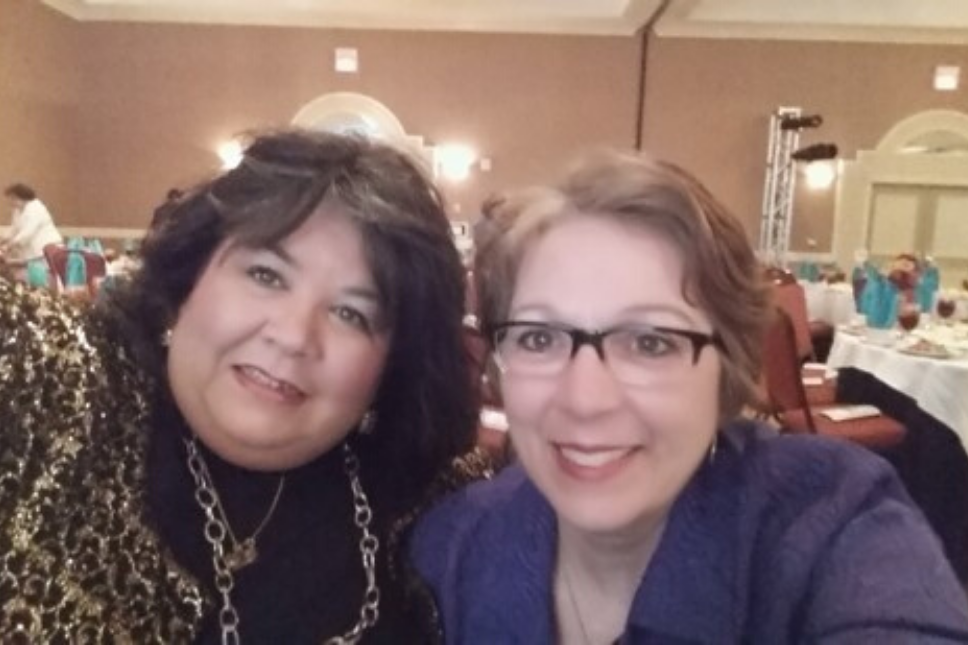
Dr. Lozano, left, spends quality time with her long-time partner Sylvia.
Global Campus: What’s the hardest thing you’ve ever done?
Dr. Lozano: Eulogize, my Grandmother comes to mind. However, once I began, it became one of the easiest things I ever did. We can’t escape the harsh realities we must face. But we can take those experiences and embrace what we have learned and become better because of them.
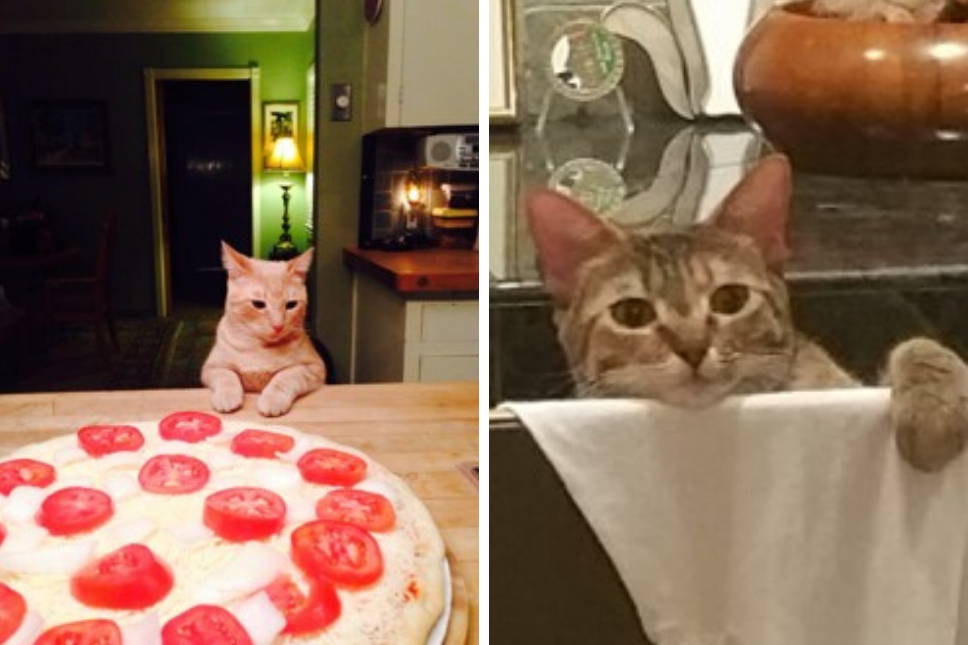
Dr. Lozano's cats Diego, left, and Frida, right, having fun in the family household.
Global Campus: Do you have a personal motto you’d like to share?
Dr. Lozano: Be the reason someone smiles today. Choose to be optimistic, because it feels so much better.
--
Written by University staff
